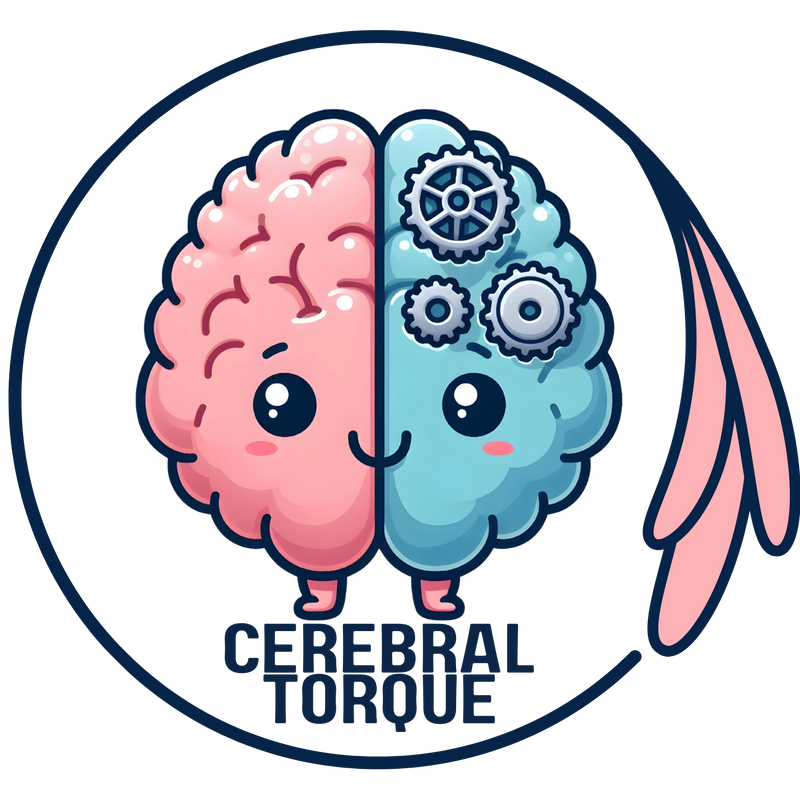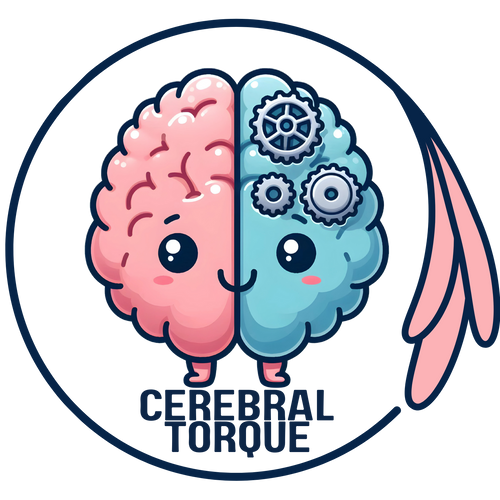FDA Authorizes First Digital Therapeutic for Migraine
Posted on April 19 2025,
FDA Authorizes First Digital Therapeutic for Migraine
In a development for migraine patients, the FDA has granted marketing authorization to CT-132, making it the first prescription digital therapeutic specifically designed for the preventive treatment of episodic migraine in adults. Developed by Click Therapeutics, this smartphone-based application represents a significant advancement in migraine care, offering patients a new complementary approach to managing this debilitating condition.
Unlike traditional medications, CT-132 works through your smartphone as an app-based intervention, delivering a 12-week program that integrates multiple evidence-based behavioral techniques, including elements of cognitive behavioral therapy. The therapeutic targets the underlying neurocircuitry associated with migraine, specifically the sensory, autonomic, and affective networks that become dysfunctional during migraine attacks.
Key Points About CT-132
- First FDA-authorized digital therapeutic for migraine prevention
- Intended for adjunctive use alongside existing treatments (not a replacement)
- Reduces monthly migraine days by strengthening neurolimbic circuitry
- Improves quality of life measures related to migraine
- No reported contraindications or treatment-related adverse events
- Demonstrated high patient adherence in clinical trials
Clinical Evidence
The FDA's decision was based on compelling results from two double-blind, decentralized randomized trials. The pivotal ReMMi-D study of 568 patients showed that CT-132 significantly reduced monthly migraine days (MMDs) compared to a sham digital control. After 12 weeks, patients using the app experienced a reduction of 3.04 MMDs, with a statistically significant difference of 0.9 MMDs versus the control group (P = 0.005).
Results from the Phase 3 ReMMi-D clinical trial (NCT05853900)
Beyond reducing the frequency of migraine attacks, CT-132 also demonstrated meaningful improvements in quality of life as measured by the Migraine-Specific Quality-of-Life questionnaire, with benefits becoming apparent as early as week 4 of treatment. Additionally, patients showed improvements in the Migraine Disability Assessment by the end of the treatment period.
"This marks a significant milestone for the more than 37 million adults in the US who live with migraine. As a groundbreaking digital therapeutic for migraine prevention, CT-132 offers eligible patients a new path to reducing the burden caused by migraine, one they can access anywhere via an evidence-based mobile application on their smartphone, significantly improving accessibility and expanding care to patients."
- Shaheen Lakhan, MD, PhD, FAAN, Chief Medical Officer at Click Therapeutics
The ReMMiD-C bridging study, which included 110 patients who were taking calcitonin gene-related peptide (CGRP) inhibitors, further validated these findings, showing similar performance in this patient population. This suggests that CT-132 can be effective even for patients already using the newest class of migraine-specific medications.
One of the most impressive aspects of the clinical trials was the exceptionally high adherence rate. Unlike many therapies where poor compliance can be a significant issue, patients receiving CT-132 completed a median of 84 out of 84 possible daily lessons over the 12-week treatment period—indicating nearly 100% adherence to the protocol.
Understanding CT-132
CT-132 aims to reduce the brain's hypersensitivity to internal and external stimuli, a key feature of migraine pathophysiology. The therapeutic works by modulating dysfunctional neurocircuitry associated with migraine through a comprehensive 12-week program.
The digital therapeutic delivers various behavioral techniques, including elements of cognitive behavioral therapy, directly through a smartphone application. By strengthening the neurolimbic circuitry, CT-132 helps decrease the frequency of migraine attacks over time.
Unlike medications that might work through chemical pathways, this approach focuses on neurological pathways and behavioral modifications that can have lasting effects on migraine management.
CT-132 is indicated for adults (18 years and older) with episodic migraine. It's specifically designed as an adjunctive therapy, meaning it should be used alongside other acute and/or preventive migraine treatments, not as a replacement for existing therapies.
The clinical trials included patients who were already using standard-of-care prescription migraine medications, including acute treatments, first-line preventives, second-line preventives, and CGRP inhibitors. This suggests that CT-132 may benefit a wide range of migraine patients, regardless of their current treatment regimen.
Since there are no contraindications reported, CT-132 may be appropriate for migraine patients who are looking for additional non-drug approaches to complement their existing treatment plan.
CT-132 represents an entirely new approach to migraine prevention. Unlike oral medications, injectable treatments, or devices like neuromodulators, this digital therapeutic delivers its intervention through software on a smartphone.
Traditional preventive medications often come with side effects that can limit their use or patient compliance. CT-132 showed no treatment-related adverse events in clinical trials, offering a potentially safer alternative to add to a comprehensive migraine management plan.
Another significant advantage is accessibility. Since the treatment is delivered via a smartphone app, patients can access it anywhere, potentially overcoming geographical barriers to specialized care.
Information sourced from FDA press releases and Click Therapeutics announcements about CT-132. This digital therapeutic received FDA marketing authorization in April 2025 based on the ReMMi-D pivotal trial (NCT05853900) and ReMMiD-C bridging study (NCT06004388).
Sun, Sep 14, 25
Neuroimaging Differences Between Migraine Types: Aura vs. Without Aura
Discover the latest neuroimaging research revealing key brain differences between migraine with aura and migraine without aura.
Read MoreThu, Sep 04, 25
Understanding Migraine Prodrome
Discover the migraine prodrome phase: 36 warning symptoms that occur 1-6 hours before headache onset. Learn timing patterns, predictive confidence levels, and new treatment approaches based on groundbreaking 2025 research...
Read MoreThu, Aug 07, 25
Dizziness and Migraine: When is it Vestibular Migraine?
Dizziness and migraine: Learn when dizziness is vestibular migraine vs BPPV, Meniere's disease, or vascular causes. Guide covers symptoms, diagnosis, cutaneous allodynia, and treatment options for recurrent dizziness episodes.
Read More


